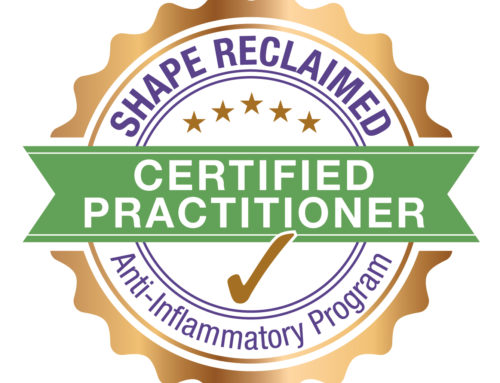Did you know that sulfur is the third most abundant mineral in our bodies? The body uses sulfur to produce sulfate which is required for many life supporting processes. The trick is that most of the sulfur we consume needs to be converted into sulfate through a variety of different pathways. Unfortunately, there are many roadblocks to sulfur metabolism which can create health problems for us. The Summer 2022 edition of Wise Traditions from the Weston A. Price Foundation includes an excellent article, “The Devil in the Garlic” by Greg Nigh and Maria Silka. Following are the highlights of that article.
The main uses for sulfate include:
- To build strong collagen and connective tissue.
- To make toxins water soluble so they can be excreted in urine.
- Support the inflammatory response and immune cells.
- Helps regulate blood pressure.
- Helps regulate hormones and neurotransmitters.
- Helps produce mucin, the main component of mucus.
- Provides the negative charge to form structured water, also called “exclusion zone” or EZ water or “interfacial water.”
There are three factors that adversely affect our sulfate supply.
- Genetic – there is a specific gene (SUOX) that controls the sulfation pathway. This pathway also requires the mineral molybdenum. The sulfation pathway is related to the methylation pathway as issues in methylation may affect sulfation. The most prominent genes in methylation are MTHFR and BHMT.
- Nutrient deficiencies – we have mentioned the importance of molybdenum. In many places, particularly the Pacific Northwest, the soil is depleted of molybdenum. Magnesium, glutathione, and Vitamin B12 are also integral to this process.
- Toxins – most notably Glyphosate (the active ingredient in Roundup) interferes with sulfur metabolism by suppressing enzymatic reactions and depleting various vitamins and minerals. Also, heavy metals, organophosphates, organochlorides, and other pollutants also disturb the pathway.
While it is important to consume sulfur in the diet, it is possible to over-consume. Sulfur rich vegetables historically were available seasonally but are now consumed year-round (think kale). In addition, many supplements contain sulfur including garlic, lipoic acid, NAC, and MSM. It is possible to over burden the pathway with too much sulfur consumption!
What is even more fascinating is in response to the above situations, the body will develop adaptive workarounds. These include taking sulfur from the mucus lining of the digestive tract, over-growing sulfur-fixing bacteria in the gut, and creating localized inflammation to generate sulfate. These may be the root cause of digestive issues such as gas, bloating, SIBO, IBS and other chronic inflammatory issues. There is even some literature suggesting that cancer is an adaptation to generate heparin to support the production of sulfate.
Typical symptoms that can improve through better sulfur metabolism include brain fog, anxiety, and panic attacks; low blood pressure and slow heart rate; hot flashes; eczema, dermatitis, acne, and other skin symptoms such as itchiness or excess heat; headaches (including migraines); bloating, gas, diarrhea, constipation, and other digestive issues.
How do you know if this is your problem? One simple suggestion is two try a two-week low-sulfur diet and see how your body responds.
Foods to eliminate: Allium vegetables (garlic, onions, leeks, and chives); cruciferous vegetables (broccoli, cauliflower, cabbage, kale, Brussels sprouts); legumes; most dairy; eggs; red meat; fermented foods; all grains except rice and all nuts except chestnuts; coffee; and alcohol.
Allowed foods: Dark meat from chicken, turkey, or duck; liver and organ meats; fatty fish; butter, ghee, and olive oil; lower-sulfur vegetables; sweet potatoes and potatoes; rice; chestnuts; most fruit; and herbal tea.
Bernard Rosen, PhD is a Nutrition Consultant and Educator. He works with individuals, groups, and at corporations to create individualized nutrition and wellness programs. His office is in Coeur d’Alene. To learn more or to schedule an appointment, e-mail at bernie@brwellness.com, call (208) 771-6570 or go to www.brwellness.com.







